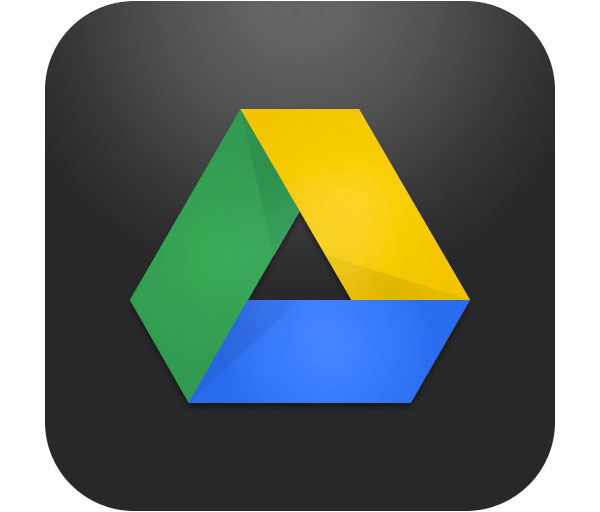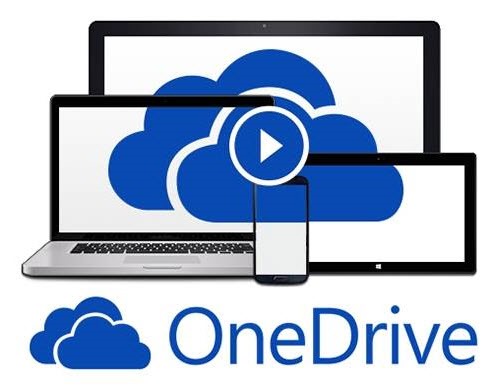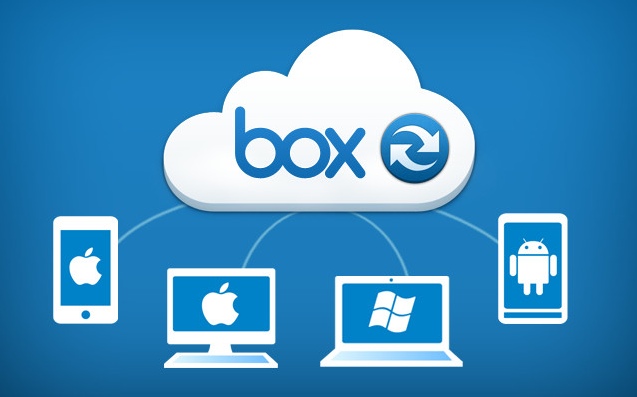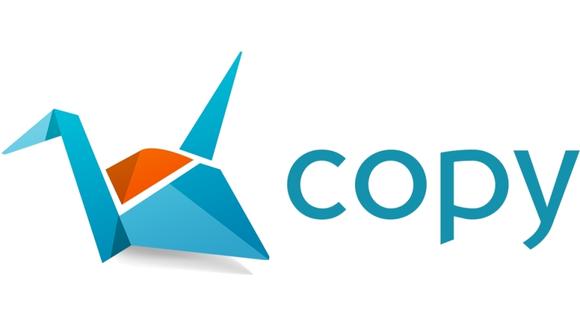Cloud services are on the rise and many people are starting to gravitate towards cloud storage because it removes the limitations of device-based storage. With cloud storage, you can access your files from anywhere, as long as you remember your credentials and password. We also advise two-step authentication on cloud storage services, so that you don’t end up like Jennifer Lawrence or many other who had their private photos shared all around the world. Breaches happen, and cloud storage is vulnerable storage, we must admit. Nonetheless, it’s a great option for when you want your data to be backed up in a place only you can access. Getting access to your cloud storage from any location that has decent Wi-Fi is definitely a plus for the service. While you are surely familiar with a dozen cloud storage apps, we have handpicked 5 services with which we are delighted. Which cloud storage service do you use?
- Google Drive

I personally use Google Drive for cloud storage and I’m very happy with the service, because it acts on its own and automatically updates the files that I have set it to monitor. For example, I’ve set Google Drive to back up all my photos as well as .pdf documents as soon as they are created or end up on my phone. Google Drive comes pre-loaded on most Android phones and you get 15 GB cloud storage for free the moment you sign up with Gmail for an e-mail account. If you are happy with the service and have taken an interest in focusing on cloud storage, you can get 1 TB space for $10 or 100 GB for $2 a month. You can go up to 30 TB of space on Google Drive, but it will cost you pretty much. While Google Drive is more expensive than OneDrive, it does offer great integration with Gmail as well as Google+ and it automatically saves attachments from your mail as well as your photos. It also makes them available to you in Gmail and Google+ so you don’t have to browse and copy links when you want to share something from your cloud service.
- OneDrive

Formerly known as SkyDrive, the Microsoft OneDrive cloud service is cheaper than Google Drive, but offers less integration. You also get 15 GB free with OneDrive, while 100 GB wil lset you back $2 a month, or 1 TB for $7 a month. If you choose the largest cloud storage option from Microsoft, you get a free Microsoft Office 365 license. OneDrive is similar to Dropbox and Google Drive. Microsoft offers up a nice way of getting more cloud storage and allows you to either invite friends, sync information from your PC or Mac or back up your camera roll in exchange for extra cloud storage. OneDrive has an interesting sharing system which you can customize and it also allows you to create documents withing the OneDrive application. The document creation in OneDrive should be noted because it offers a Microsoft Office-like experience and allows you to use almost every feature of PowerPoint, including delivering a presentation, Word, Excel, etc. That feature is a bigg seller for me, and the OneDrive cloud storage is my first choice because I work with word and powerpoint documents all day long.
- Box

Box is a lesser known, independent cloud service, but it basically works the same way Dropbox does. With Box, you get 10 GB free storage and you will have to pay monthly fees of $5 for 100 GB storage. You have a 250 MB file size limit for the free service, but you get a 2 GB limit once you upgrade to 100 GB. Box is a pretty basic app, but it does allow for an unlimited storage option if there two users on board for $15 a month. You don’t have the sharing options you can find on other cloud storage services, but you do have two-step authentication protocols as well as file version history. It’s a very simple app to use and a good platform to start out with if you’ve never used cloud storage before.
- Copy

Copy is one of the few cloud storage services that offers unlimited file sizes as well as 15 GB space for free. If you want 40 GB of storage, you can go ahead and refer five friends. Copy also keeps track of your deleted files for 30 days, allowing you to restore them if the need arises. Fair storage also allows you and your friends share the real estate of large files. For example, if you and your friend have a 10 GB file shared, Copy will count 5 GB space used to each of you. Copy also uses the AES 256 encryption so that your files will be secure.
- Mega

Mega should be an interesting cloud storage option because it actually offers 50 GB storage space for free. which is more than a bargain. Upgrades are expensive with MEGA, though, and they impact bandwidth when sharing, since the services more on sharing than just storing files. What’s neat about Mega is that it offers great encryption and claims that not even Mega can access your files unless you want it to. In the age of cyber-security, this might come in handy in the future.
 Load the Game Video Games, Reviews, Game News, Game Reviews & Game Video Trailers
Load the Game Video Games, Reviews, Game News, Game Reviews & Game Video Trailers



